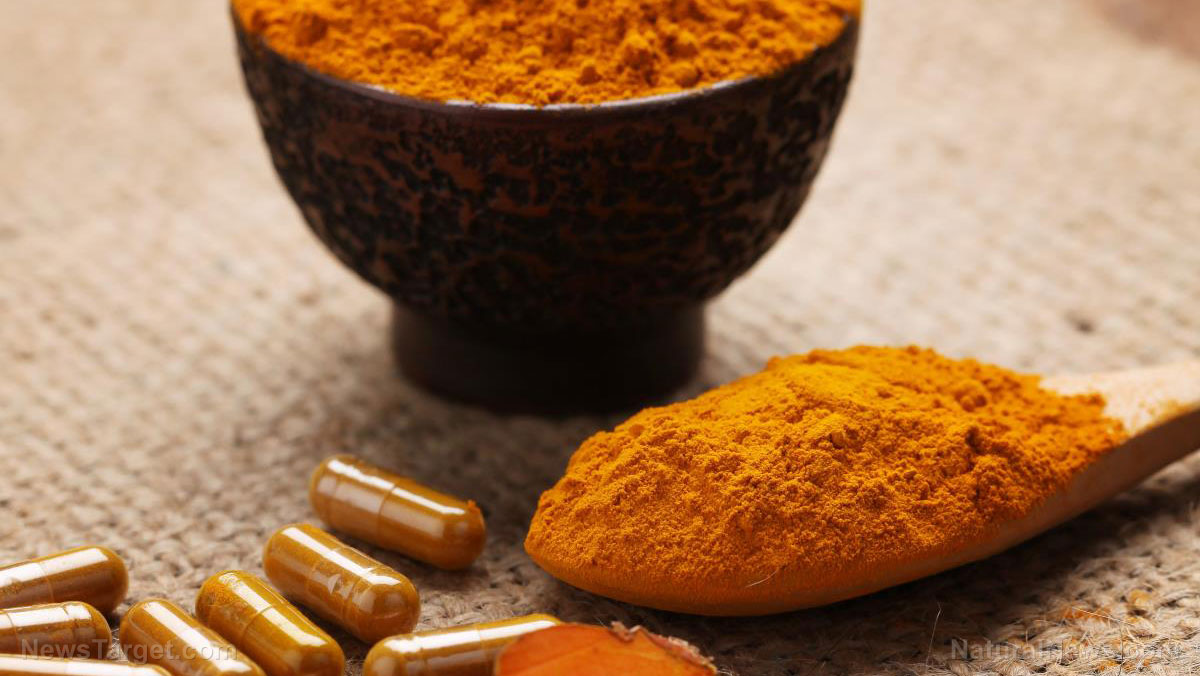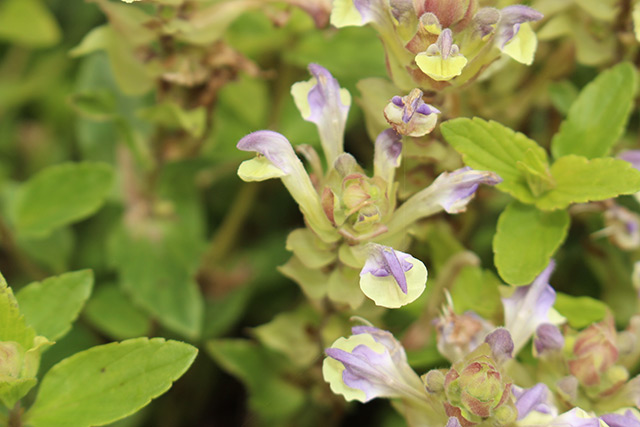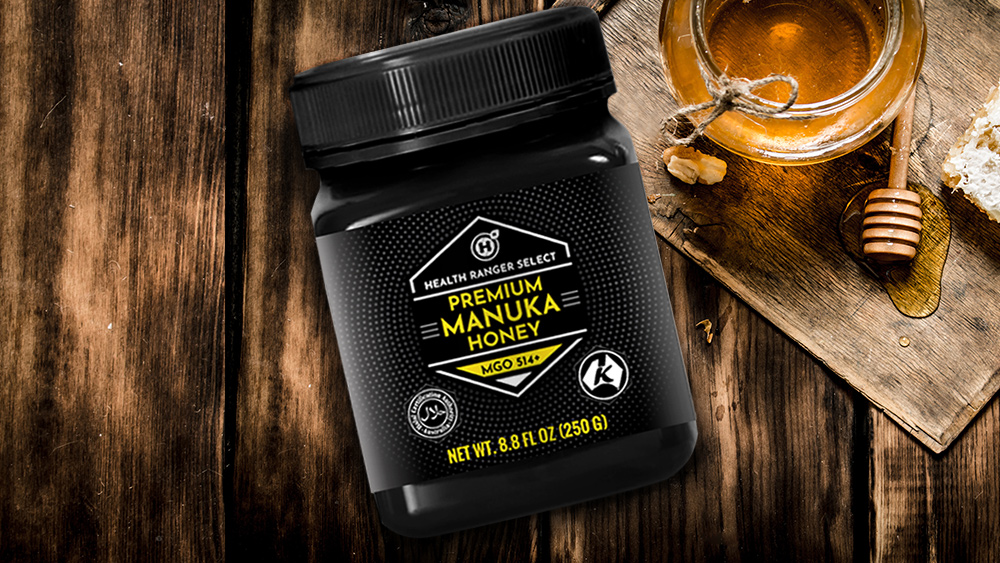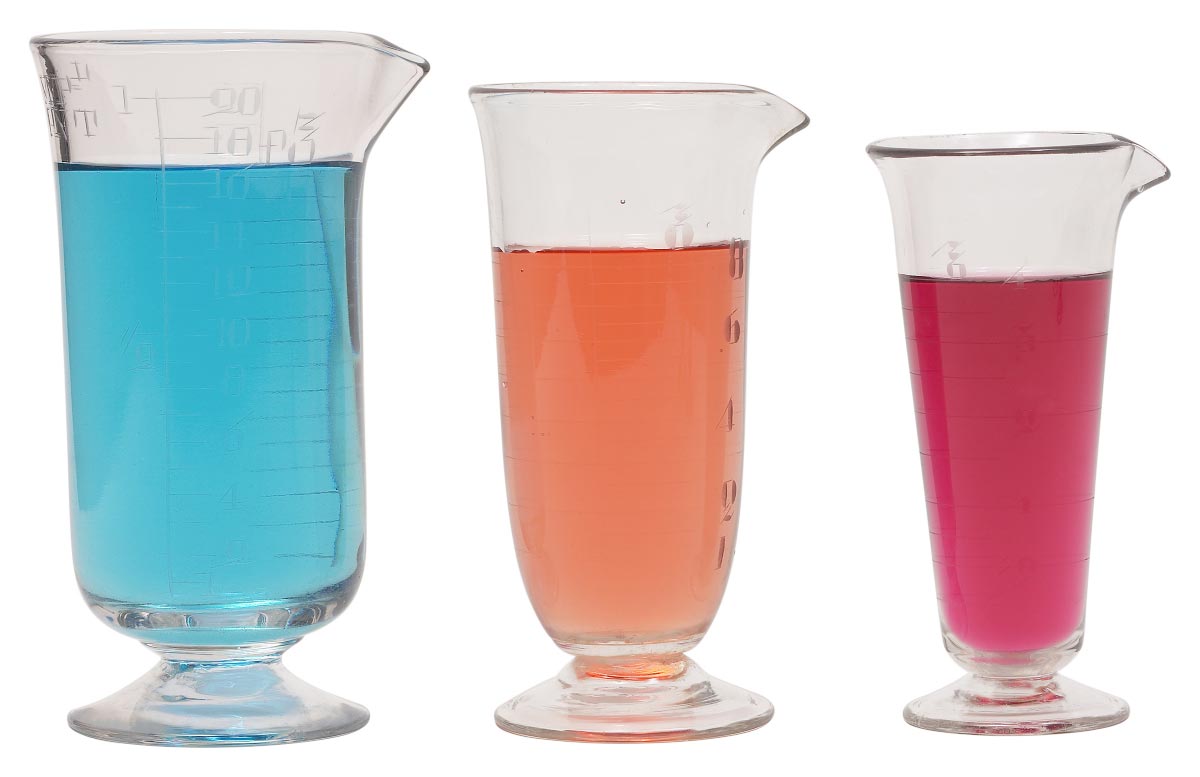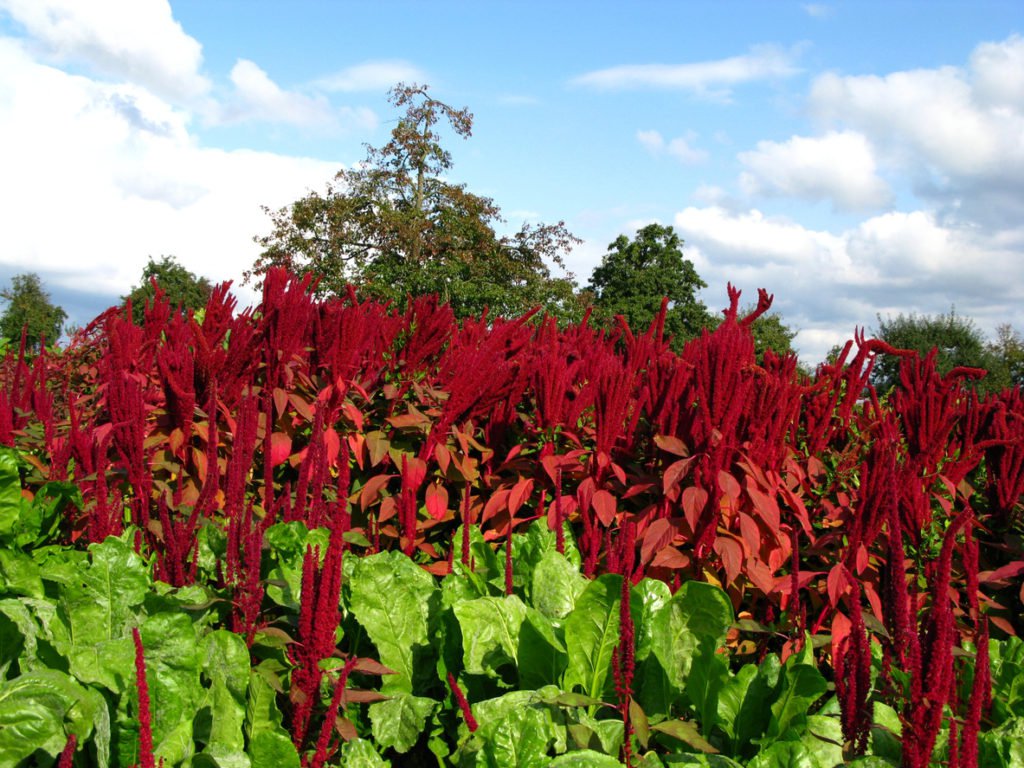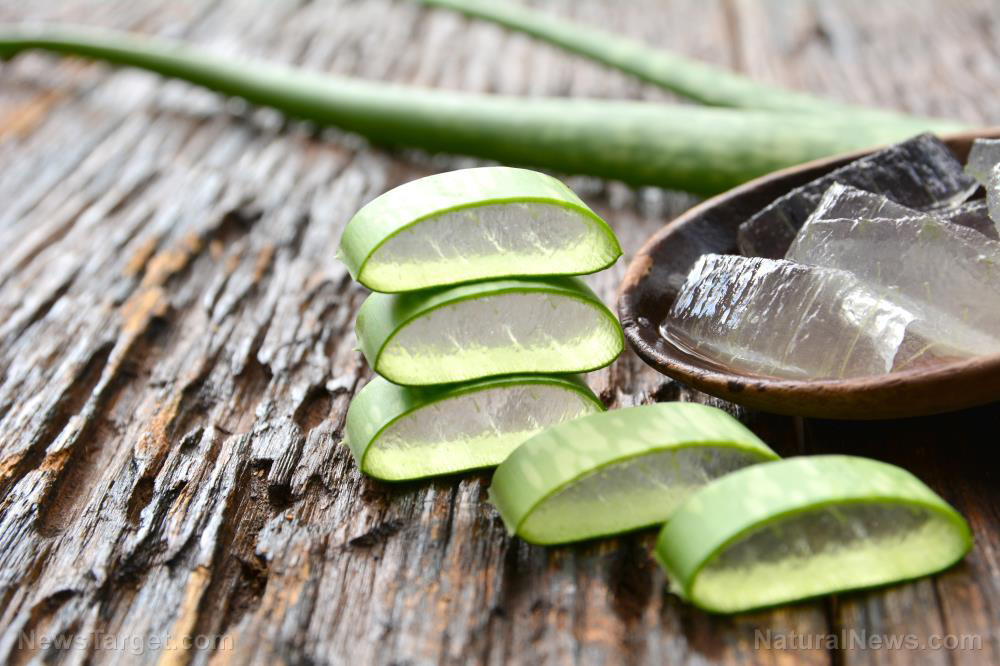Several studies conclude lemongrass to be an effective natural way to lower blood pressure
04/10/2019 / By Zoey Sky
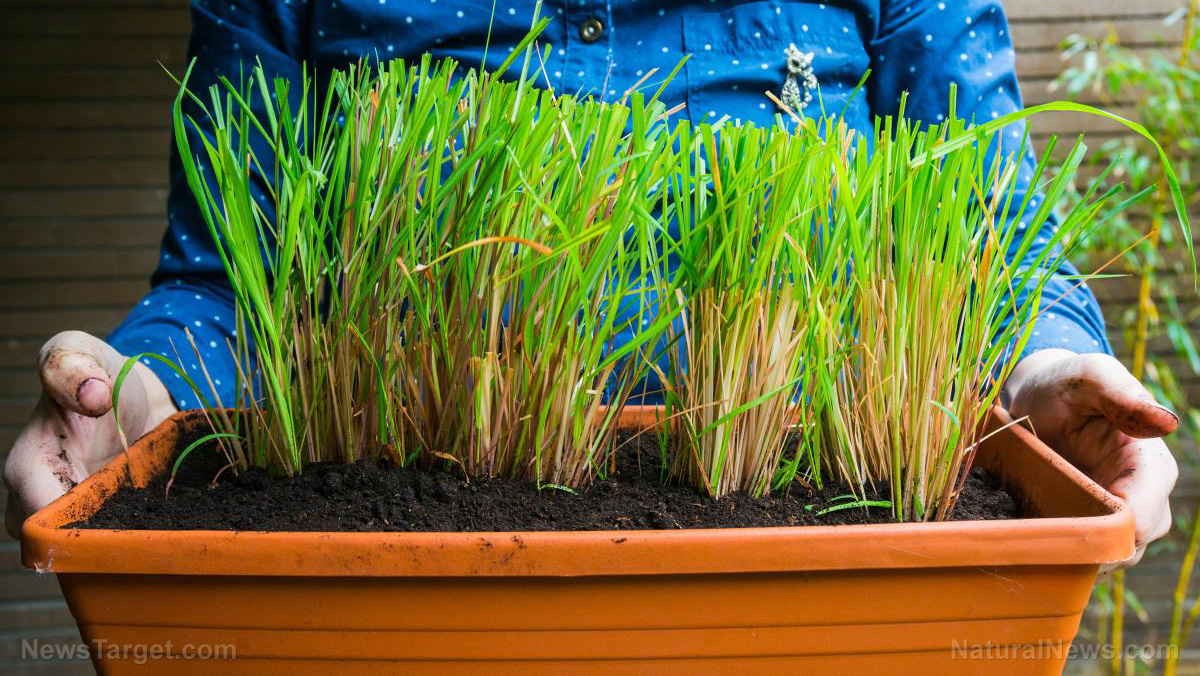
Commonly used in Asian cuisine, lemongrass (Cymbopogon citratus) has a refreshing lemony smell and flavor. Lemongrass tea can relieve cold and cough symptoms and studies suggest that the plant can also be used to naturally lower high blood pressure (hypertension).
The nutritional profile of lemongrass
Lemongrass contains antioxidants, flavonoids, and phenolic compounds. The plant also has anti-cholesterol and anti-atherosclerosis properties that reduce the absorption of cholesterol in the intestine. This keeps bad cholesterol at bay.
Additionally, lemongrass boosts the oxidation of low-density lipoprotein (LDL), or bad cholesterol, in the blood and prevents atherosclerotic plaque buildup.
Lemongrass is rich in vitamins A and C. The plant also contains calcium, iron, magnesium, phosphorus, potassium, and zinc. The potassium in lemongrass helps regulate blood pressure.
Drinking a glass of lemongrass juice or tea in the morning can lower high blood pressure and boost blood circulation in the body. These beverages also eliminate fats, uric acid, and toxins since the plant functions as a diuretic that cleanses and detoxifies the body by increasing the frequency and quantity of urination.
To make lemongrass tea, steep one to three teaspoons of dried or fresh lemongrass in a cup of hot water for five to 10 minutes. Strain and add a natural sweetener like honey. Add ice cubes to make iced lemongrass tea.
Buy loose lemongrass tea or lemongrass tea bags at natural food stores or online. Alternatively, you can purchase fresh lemongrass that you can grow yourself at nurseries that sell herbs. Always buy organic lemongrass that’s not treated with synthetic pesticides.
Mother Nature's micronutrient secret: Organic Broccoli Sprout Capsules now available, delivering 280mg of high-density nutrition, including the extraordinary "sulforaphane" and "glucosinolate" nutrients found only in cruciferous healing foods. Every lot laboratory tested. See availability here.
Another option is to add lemongrass to soups to enjoy its health benefits.
Take note that anything in excess is harmful, and lemongrass is no exception. Check with a medical professional if you are hypertensive and on medication since the plant may lower your blood pressure more than required.
Pregnant women should not drink lemongrass tea. Lemongrass can trigger menstruation, and a pregnant woman can suffer from a miscarriage if she consumes this tea.
Studies on the health benefits of lemongrass
Below are findings from four studies on the effects of lemongrass.
The first study, which was published in the journal Lipids, revealed that consuming 140 mg capsules of lemongrass oil daily helped reduce cholesterol levels and blood fats. The lemongrass oil capsules also lowered cholesterol levels from 310 to 294 on average.
Always consult a healthcare professional before you take lemongrass supplements to manage your blood pressure. Data suggest that the excessive consumption of lemongrass may have some side effects.
In the second study, which appeared in the Asian Pacific Journal of Tropical Medicine, researchers found that lemongrass oil has anti-hyperlipidemic properties and that it can help maintain normal cholesterol and triglyceride serum levels in rats.
As the second study demonstrated, lemongrass prevents the accumulation of lipids that may block the blood vessels. It also promotes the smooth and unobstructed flow of blood, which can prevent cardiac disorders like atherosclerosis.
For the third study, researchers presented a thesis to the Nursing Faculty of San Pedro College which showed that patients who took lemongrass tea for two weeks had lower blood pressure. The participants received 180 mL of lemongrass tea every morning after breakfast. The volunteers’ mean pre-blood pressure reading was 153/0 mmHg, while the mean post-blood pressure reading was 141/82 mmHg, both above normal.
Lastly, a study which was published in Medical Forum Monthly revealed that consuming lemongrass decreased systolic blood pressure and slightly increased diastolic blood pressure.
As this study revealed, lemongrass is a powerful antioxidant that can improve the health of the liver and pancreas. The plant also helped keep cholesterol levels within the normal range.
Other foods that can naturally lower your blood pressure
Aside from lemongrass, here are other foods that can help you manage hypertension:
- Flaxseeds/flaxseed oil – Flaxseeds are rich in omega-3 fatty acids, which can prevent cardiovascular diseases and regulate blood pressure.
- Grapes – Grapes contain resveratrol, a chemical that helps address hypertension.
- Sunflower seeds – Sunflower seeds are full of vitamins E and K. Consume these seeds regularly to lower blood pressure. (Related: 7 paleo foods that naturally lower your blood pressure.)
Lemongrass has many health benefits, and drinking a cup of lemongrass tea in the morning will help address hypertension and boost your overall well-being.
Sources include:
Tagged Under: alternative medicine, blood pressure, cardiovascular health, cholesterol, flaxseeds, food cures, food is medicine, functional food, heart health, herbal medicine, high blood pressure, hypertension, hypertensive, lemongrass, lemongrass tea, natural cures, natural medicine

